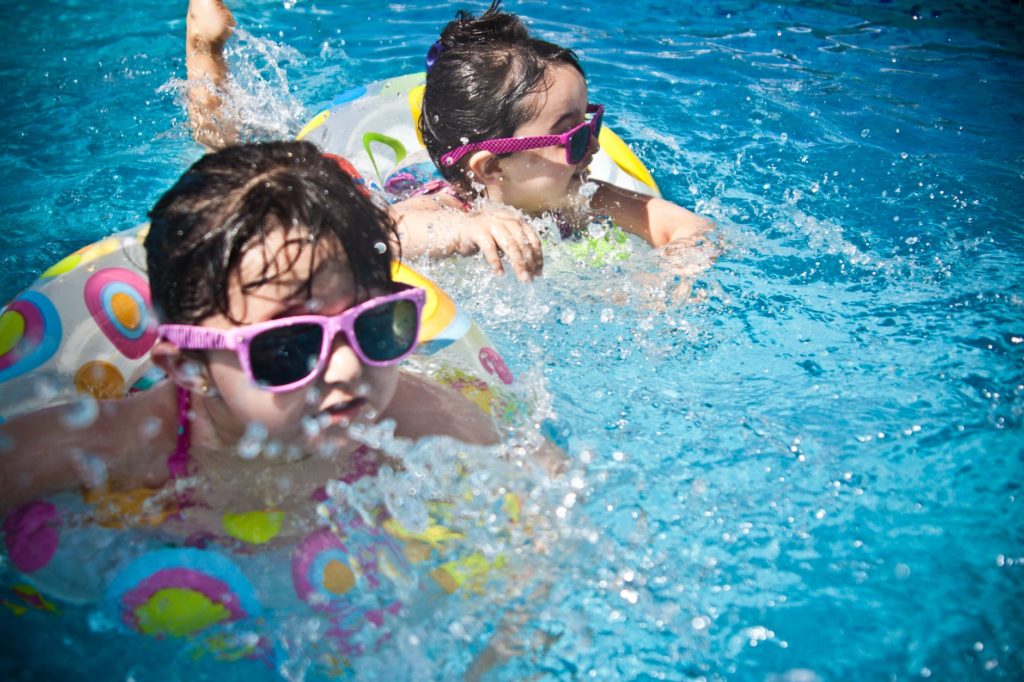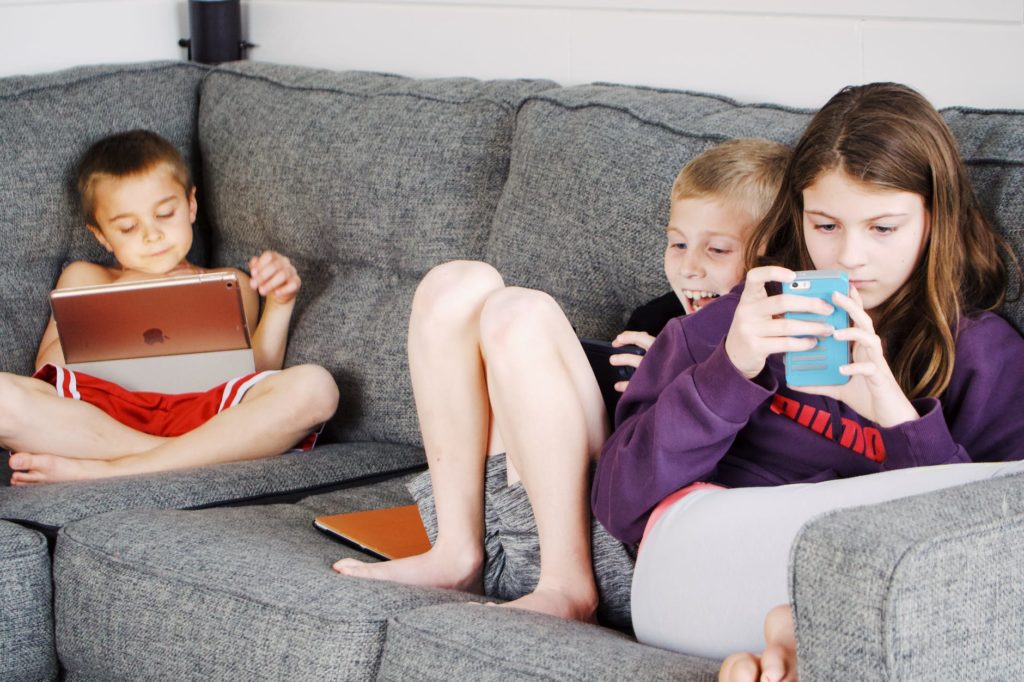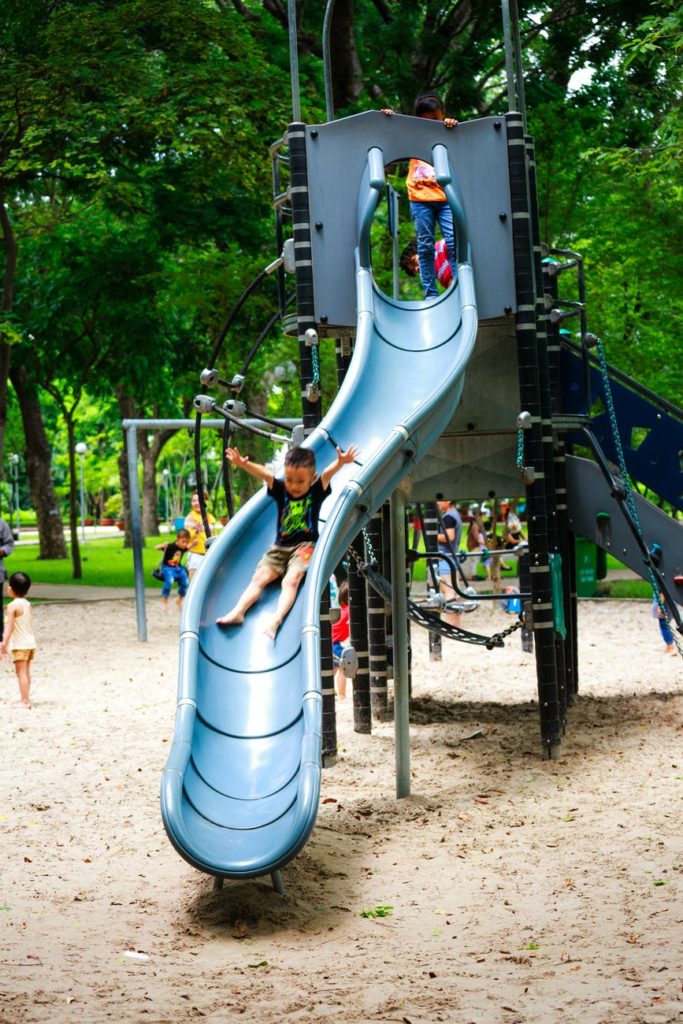
It’s summer break! This is a great time for kids to refresh, particularly following the last two academic years. Unfortunately, summer break is also a time where there is an increase in mental health issues for children and teenagers. Anxiety and depression rates increased. The good news is, there are many things you can do to help your child thrive this summer.

Many kids use summer break as a time to chill. They look forward to summer break and the freedom that comes with it. While there’s nothing wrong with relaxing sometimes, it can be detrimental to your child’s mental and physical health if they have too much down time. Anxiety rates in children rise during the summer. This is in part due to a lack of routine and structure. Even though kids say that summer is their favorite season, many of them become lethargic and irritable during this time.

There is much research on the detrimental effects of screen time on kid’s mental health. The recommended daily amount of screen time for children ages 2 to 5 is one hour or less. For children ages 5 to 12, no more than 2 hours a day. For children between the ages of 12 and 18, no more than 3 hours. Too much exposure to screen time can actually change the way a child’s brain develops. I also recognize that for many this is unrealistic. And some technology can be beneficial. If your child is using screens for learning, that’s not necessarily a bad thing. However, during the summer, the use of screens increases, and the purpose also changes. We see more kids using screens for mindless gaming, watching social media, or simply using it as a distraction for the day. Not only does this impact brain development, but excessive screen time also impacts physical health as children are not outside playing when they are on their devices.
As a parent, you may be wondering what you can do. There are several ways you can help your child foster healthy physical and mental health during the summer. First, be on the lookout for increased irritability, lethargy, or depression. If you notice any of these things, talk to your child. Then seek out a professional for additional support.

Secondly, set your kids up on a summer routine. Summer routines don’t have to be as strict as routines during the school year, but some structure is incredibly good for kids. Arrange play dates, give your children daily tasks to complete, and set a daily bedtime. As the state continues to open up, consider enrolling your child in summer camp or planning some special outings during the summer.

If your child is a teenager, encourage them to get a summer job. This teaches them the importance of work ethic, fosters some independence, allows them to earn a little cash, and prevents boredom and excessive use of electronics. It also creates social interactions in their workplace. Being social is a developmental requirement for teenagers and goes a long way in maintaining mental health and wellbeing.
It’s also incredibly important that parents maintain good self-care during the summer. The transition from school to summer break can be challenging for many parents. Make sure you are getting enough sleep, eating a balanced diet, taking time for yourself, and getting enough physical activity. I know parents are incredibly busy and this can be hard to do. It won’t be perfect. The key is to simply do your best to take care of yourself during this time.
Summer is a time of relaxation, freedom, and down time. It is also a time where children’s mental health begins to decline. Limiting screen time, setting up daily routines, and being aware of irritability and listlessness will help you child have a healthy, fun summer.
To Health, Hope, and Healing
Krista

Krista Demuth, MS LPC, CATP is a professional counselor specializing in mental health for children, adolescents, and adults. She is a Certified Child and Adolescent Trauma Professional. She is licensed in Wisconsin and provides service to the St Croix River Valley and surrounding areas.
